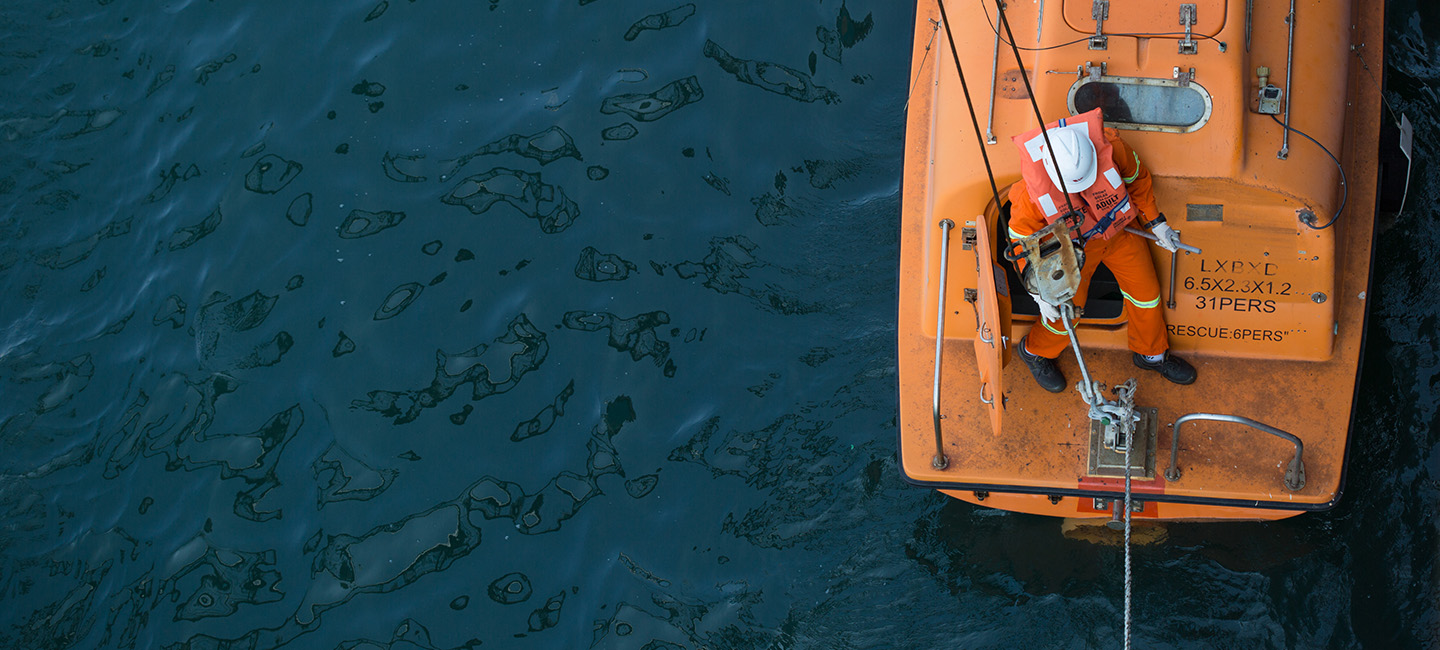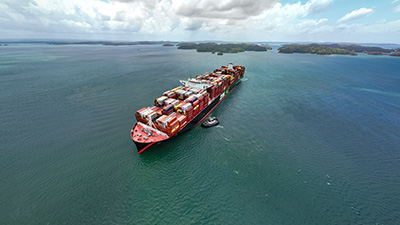
Seaspan Environmental
Seaspan invests in climate-resilient developments, exceeding environmental laws and regulations. It recognizes its position in the maritime industry and works to minimize its environmental impact. We comply with industry laws, educates its teams, and takes actions to prevent pollution.

Sustainable Financing
At Seaspan, we are committed to driving environmentally sustainable and climate-resilient development in our industry. To achieve this, ambitious investments are necessary to improve the environmental performance of our fleet. As a result, we have established a Sustainability-Linked Financing Framework (the “Framework”), which is aligned with the Sustainability-Linked Financing Principles published by the International Capital Markets Association (ICMA) in June 2020.
Seaspan’s sustainable financing supports our objectives through tailored structures based on carbon emissions, sustainability-linked charters, and ambitious decarbonization investment targets. This approach aligns our financial strategy with our long-term goals for reducing carbon emissions, and we continue to make positive progress on our key performance indicators for each sustainable financing initiative.
Material Environmental Topics
Material topics are the key economic, environmental, and social issues that matter most to an organization and its stakeholders. These are identified through a materiality assessment, which involves stakeholder engagement to understand their concerns and priorities.
Climate Change and CO2 Emissions
The reduction of green-house gas emissions and the ability to meet stricter climate-related regulations
Ecosystems and Biodiversity
Such as oil spills, loss of containers, reduction of plastic waste and invasive species
Other Air Pollution
Including, but not limited to: nitrogen oxides (“NOx”), sulfur oxides (“SOx”), and Particulate Matter (“PM”) emissions
